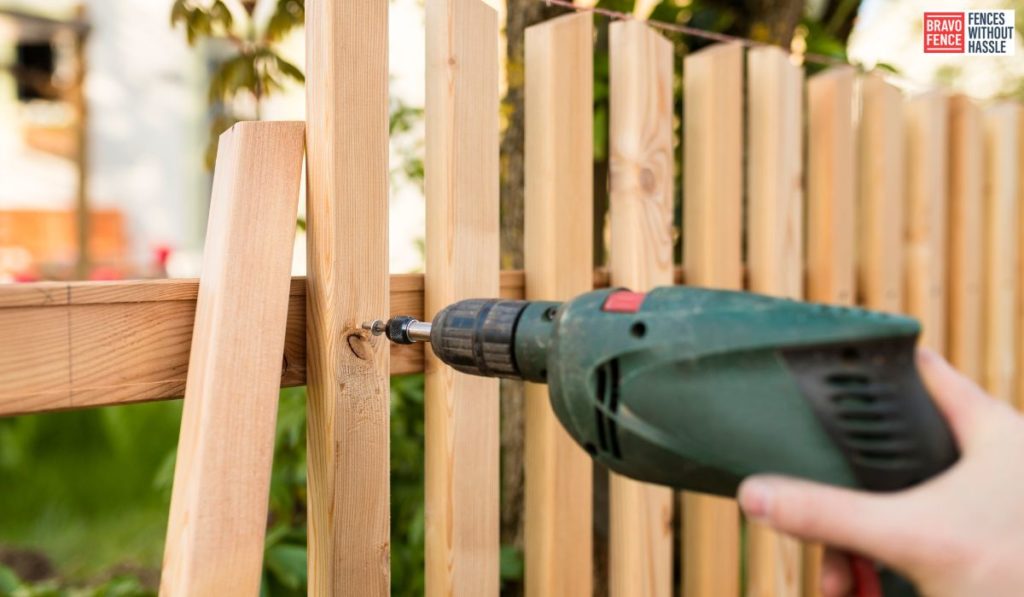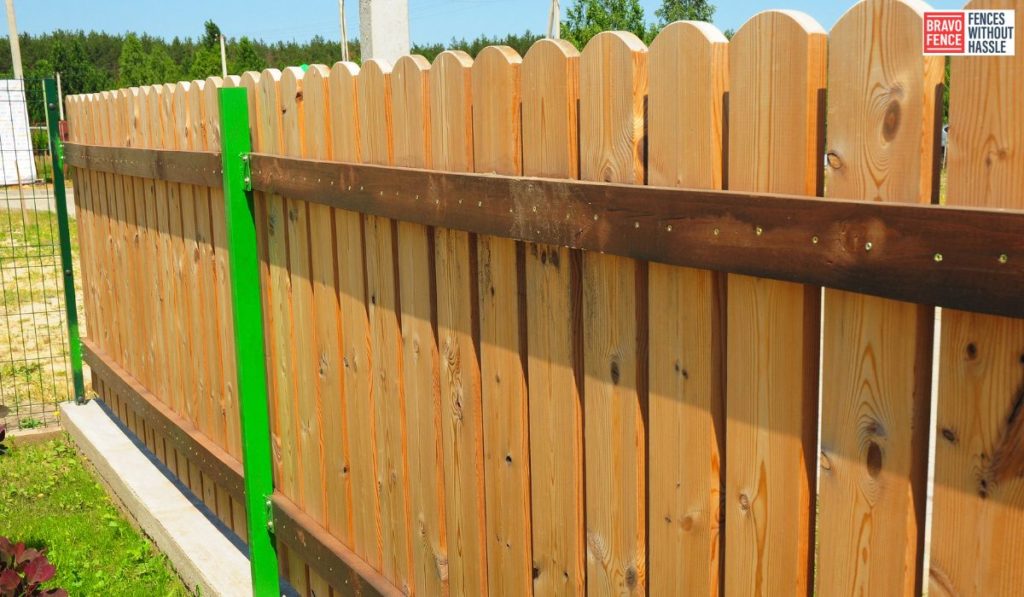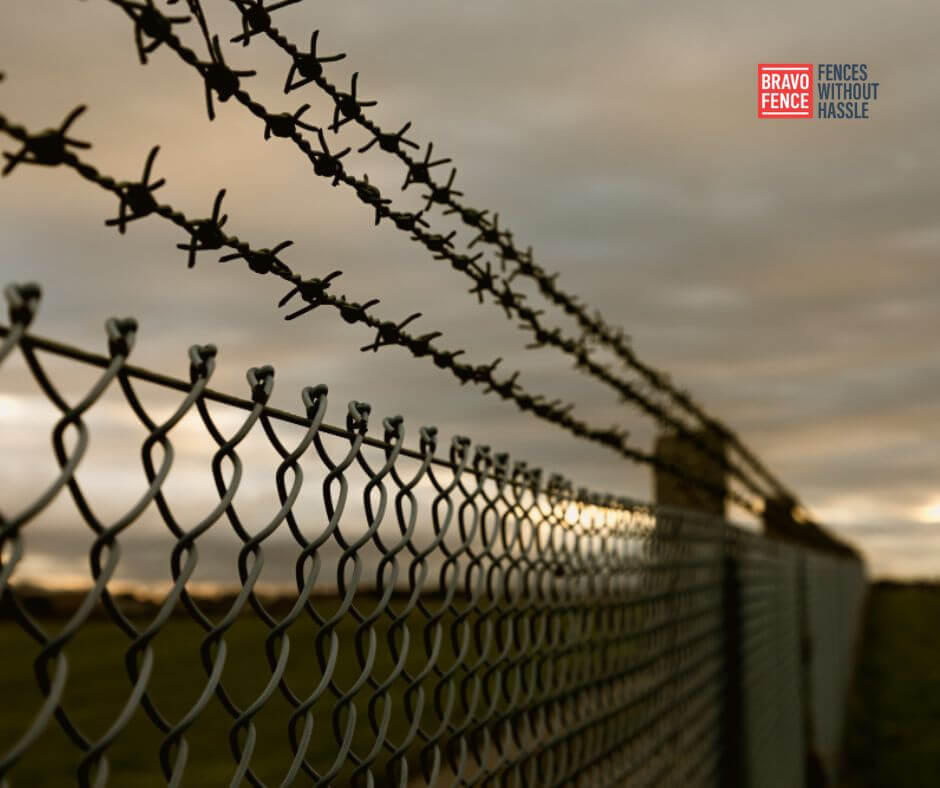When it comes to enhancing the security, privacy, and aesthetic appeal of your property, installing a fence can be a valuable addition. However, before you embark on this project, there are several important factors to consider. In this article, we will explore nine key things you should know before installing a fence.
Understanding Your Purpose
Before installing a fence, it’s crucial to determine why you need one. Are you looking to increase privacy, secure your property, keep children or pets safe, or simply enhance the visual appeal of your home? Understanding your purpose will help you make informed decisions throughout the fence installation process.
Determining Your Budget
Establishing a budget is an essential step in any home improvement project, including fence installation. Consider factors such as the size of your property, desired material, and any additional features or accessories you may want. Understanding your budget will guide you in selecting the most suitable fence options without overspending.
Choosing the Right Material

There are various fence materials available, each with its own pros and cons. Common options include wood, vinyl, aluminum, wrought iron, and chain link. Consider factors such as durability, maintenance requirements, and aesthetic appeal when choosing the right material for your fence.
Checking Local Regulations
Before installing a fence, it’s important to check local regulations and obtain any necessary permits. Municipalities often have specific guidelines regarding fence height, location, and materials. Ensure compliance with these regulations to avoid potential legal issues or the need to make costly modifications later on.
Considering Maintenance Requirements
Different fence materials have different maintenance needs. For example, wood fences may require regular staining or painting, while vinyl fences are relatively low maintenance. Consider the time and effort you are willing to invest in maintaining your fence and choose a material that aligns with your preferences.
Assessing Security and Privacy Needs
Evaluate your security and privacy needs when selecting a fence. If security is a top priority, consider options with features like locked gates, sturdy construction, and minimal gaps. For privacy, choose a fence style that provides adequate coverage and minimizes visibility from the outside.
Hiring a Professional vs. DIY
Decide whether you will hire a professional fence installer or opt for a do-it-yourself approach. While DIY installation may save money, it requires adequate skills, tools, and time. Professionals, on the other hand, have the expertise and equipment to ensure a proper and efficient installation.
Understanding the Installation Process
Before starting the installation, familiarize yourself with the process. Understand the necessary steps, such as marking the fence line, digging post holes, setting the posts, and attaching the fence panels. If you decide to hire a professional, communicate your expectations and ask for a clear outline of the installation process.
FAQs
Q1: How tall should my fence be?
The height of your fence will depend on various factors, including local regulations and your specific needs. Check local guidelines and consider factors such as privacy requirements and the desired level of security.
Q2: Can I install a fence on my own?
You can choose to install a fence on your own, but it requires certain skills, tools, and time commitment. Assess your capabilities and consider hiring a professional if you’re unsure.
Q3: What is the most durable fence material?
Materials like wrought iron and aluminum are known for their durability. However, each material has its own advantages and disadvantages. Consider factors such as weather conditions and maintenance requirements when selecting a durable fence material.
Q4: How often should I maintain my fence?
The frequency of fence maintenance depends on the material. Wood fences may require staining or painting every few years, while vinyl and aluminum fences are relatively low maintenance. Refer to the manufacturer’s guidelines for specific maintenance recommendations.

Q5: Can I install a fence without obtaining permits?
It’s essential to check local regulations and obtain any necessary permits before installing a fence. Failure to do so can result in fines or the requirement to modify or remove the fence.
Q6: How long does it take to install a fence?
The duration of fence installation depends on various factors, such as the size of the project, the type of material used, and the complexity of the terrain. On average, it can take anywhere from a few days to a few weeks to complete the installation process.
Q7: Can I install a fence on uneven ground?
Yes, it is possible to install a fence on uneven ground. There are different techniques and solutions available, such as using stepped panels or adjusting the height of individual fence posts to accommodate the uneven terrain.
Q8: What maintenance tasks are required for a wood fence?
Wood fences require regular maintenance to ensure their longevity. Tasks may include staining or painting every few years, repairing or replacing damaged boards, and applying a protective sealant to prevent rot and decay. Regular inspections are also recommended to identify and address any issues promptly.
Q9: Can I install a fence if I have underground utilities on my property?
Before installing a fence, it is crucial to locate and identify any underground utilities, such as electrical lines, water pipes, or gas lines. Contact your local utility companies to schedule a utility locating service. This will help you avoid damaging any utilities during the installation process.
Q10: Are there any restrictions on fence styles in homeowner associations (HOAs)?
If you live in a community governed by a homeowner association (HOA), there may be specific restrictions or guidelines regarding fence styles, colors, heights, and materials. It is important to consult your HOA’s rules and regulations before selecting and installing a fence to ensure compliance with their guidelines.
Conclusion
Installing a fence can bring numerous benefits to your property, but it’s important to approach the project with careful consideration. By understanding your purpose, setting a budget, choosing the right material, complying with local regulations, considering maintenance requirements, assessing security and privacy needs, deciding on professional help versus DIY, and understanding the installation process, you can make informed decisions and ensure a successful fence installation.






